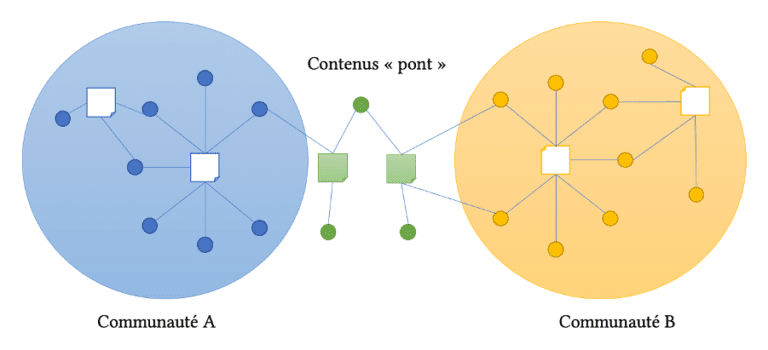Access to a diversity of content is the guarantee of a shared information space, an essential condition in a democratic society. This project aims to respond to the risk of fragmentation in media consumption by inviting information consumers to broaden their horizons through the gradual discovery of interesting content at the periphery of their usual areas of interest, opening up complementary perspectives and offering different editorial treatments of a news event. Improving the discoverability of new content also aims to increase the time people spend on a news outlet’s digital channels by suggesting content that is considered interesting on a given topic.
There are three main goals for this multidisciplinary project in collaboration with RTS, which will provide raw data to the researchers. First, to improve the understanding of user behavior by analyzing RTS online news consumer communities. Once these communities are identified and characterized, the discoverability of new content within a community, but also between neighboring communities through “bridge” content, can be highlighted. Finally, dissemination tools can be developed to gradually expose users to a variety of content beyond their usual community.
To this end, scientists from the Institute of Informatics at the HES-SO Valais-Wallis will use graph theory to analyze the communities involved and design an algorithm to detect “bridge” content as the basis for a personalized recommendation system. At the same time, researchers from the Department of Philosophy at the University of Zurich will use theories of democracy to better understand communities in a digital public space and consider the legitimacy of “nudging” new content discovery behaviors. RTS will provide aggregated and anonymized datasets of audience engagement with their online news articles, with additional metadata to characterize and classify them, notably based on IPTC Media Topics and “User Needs”.


